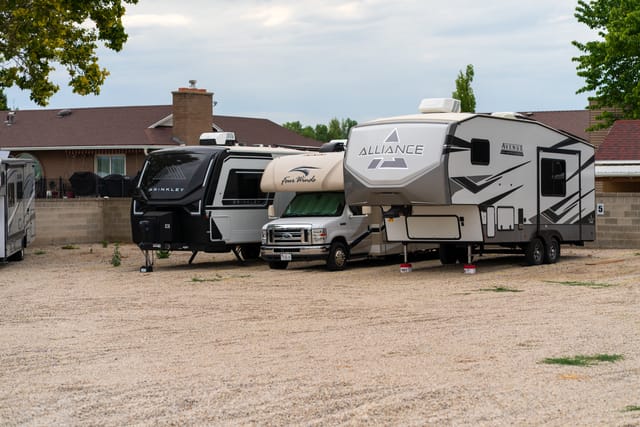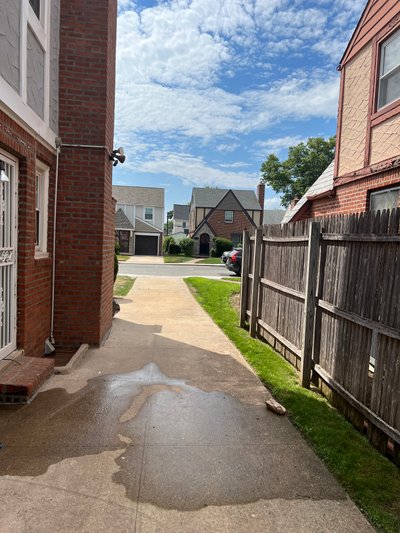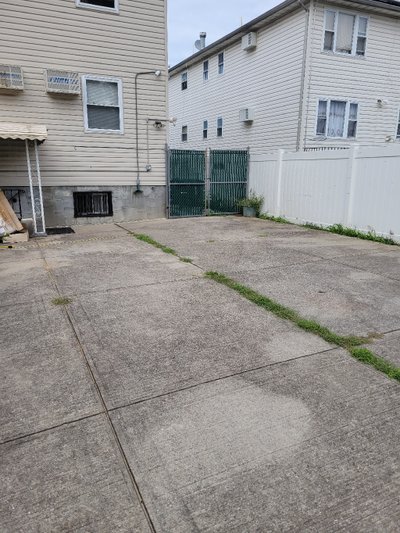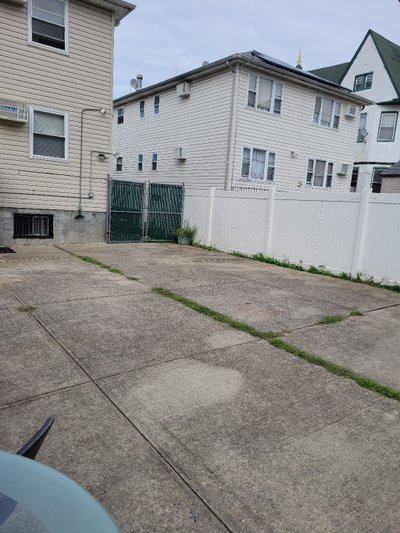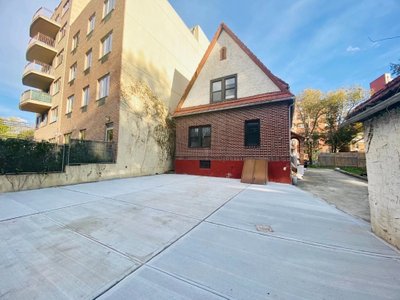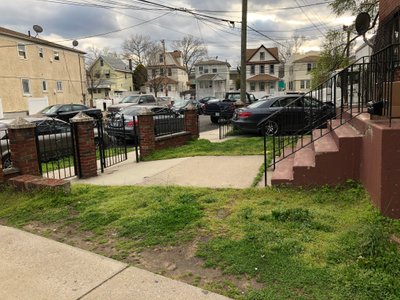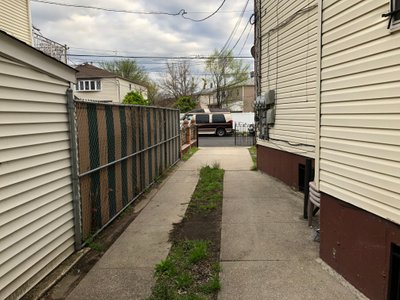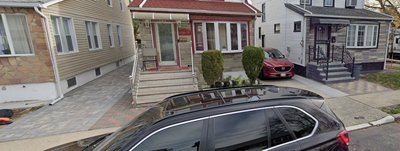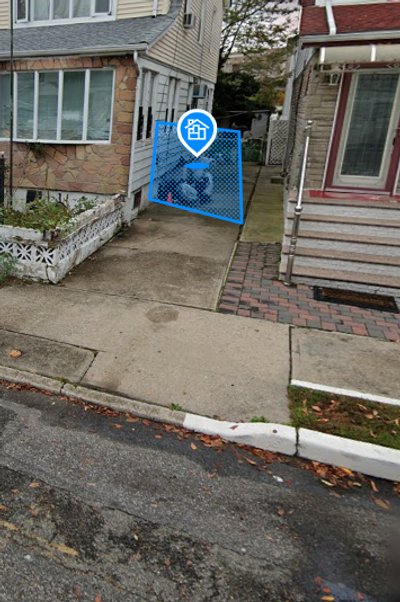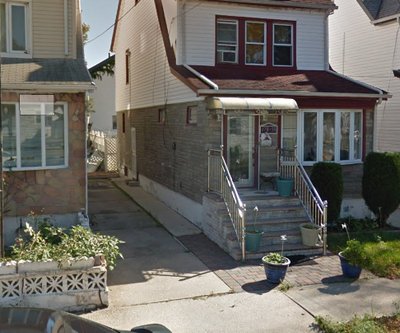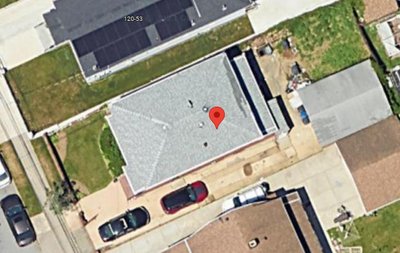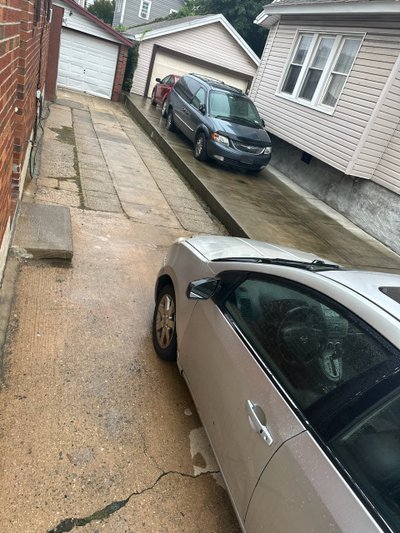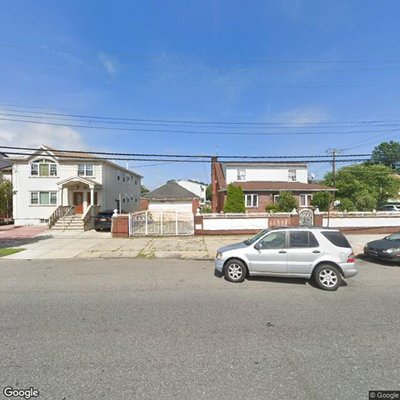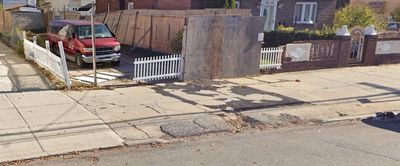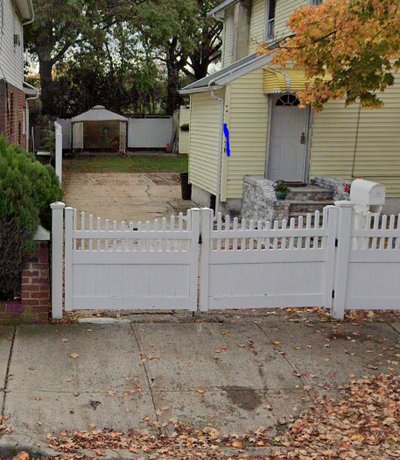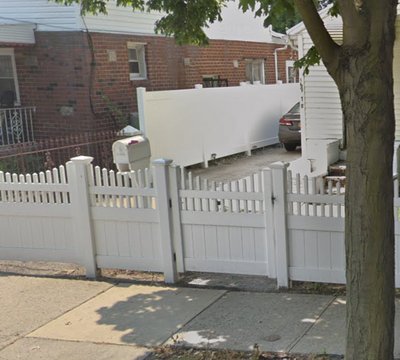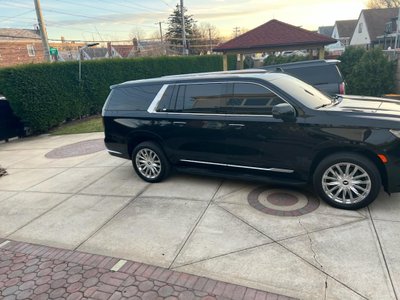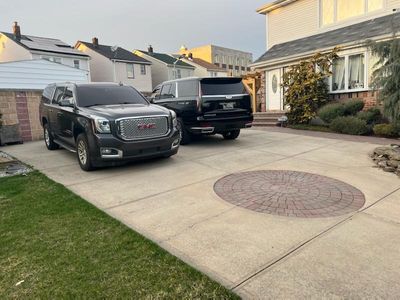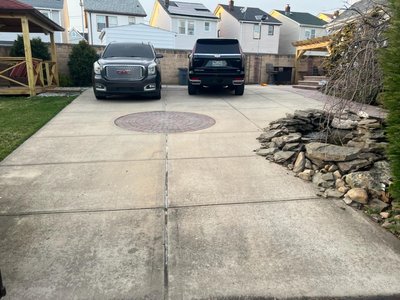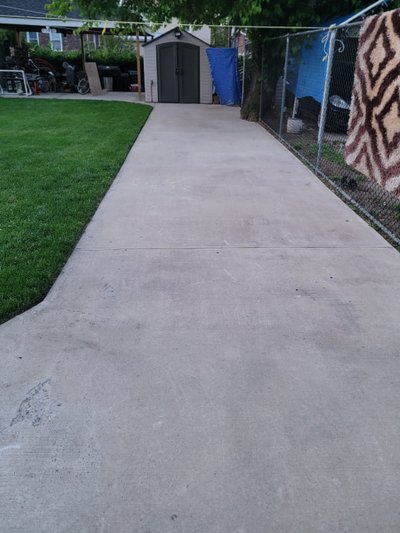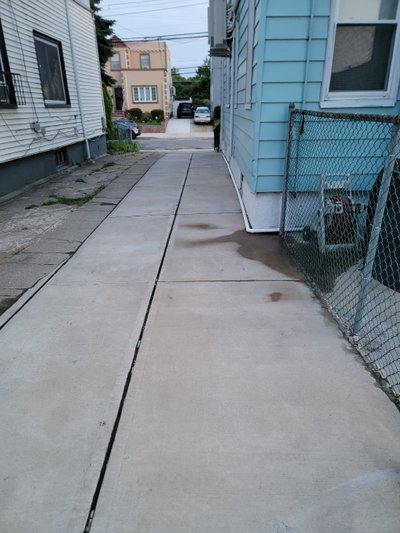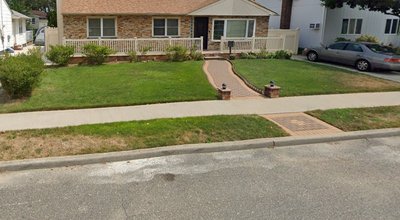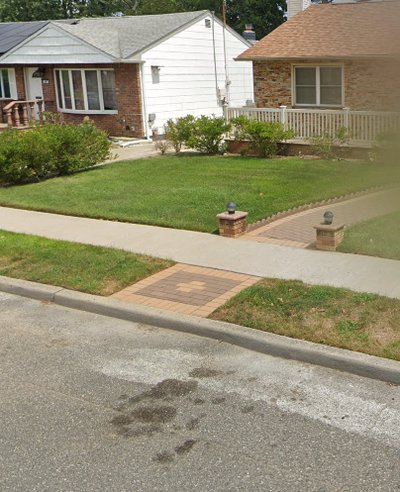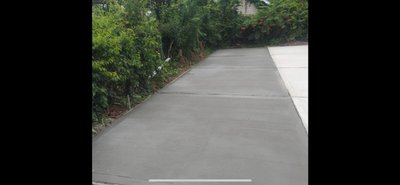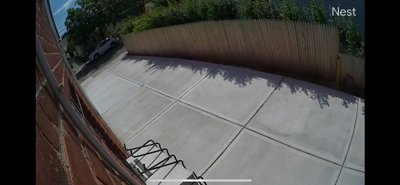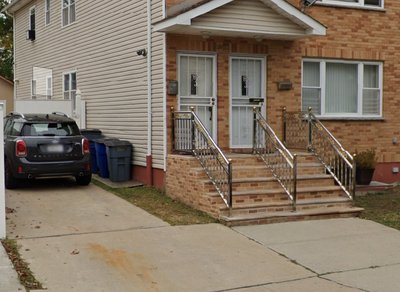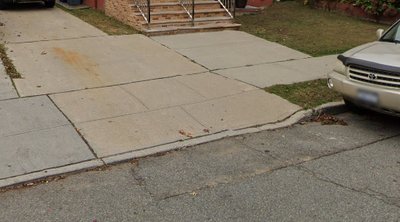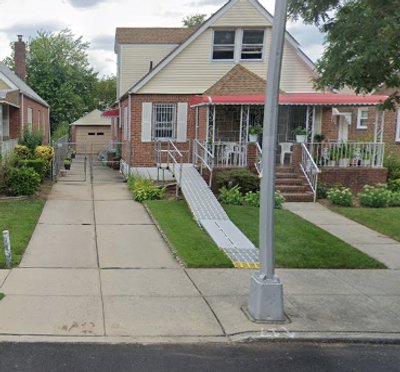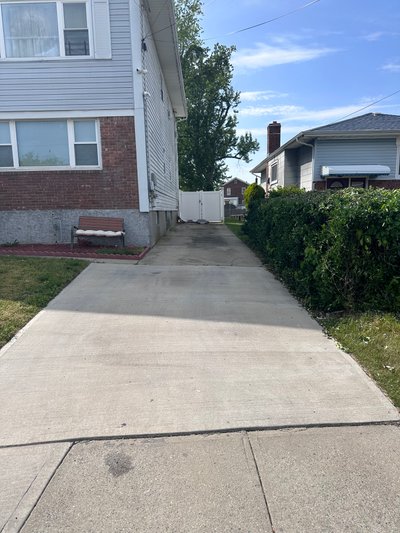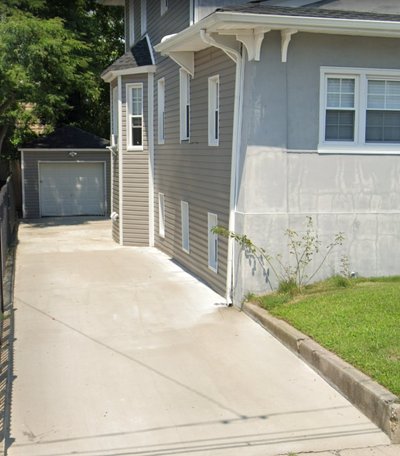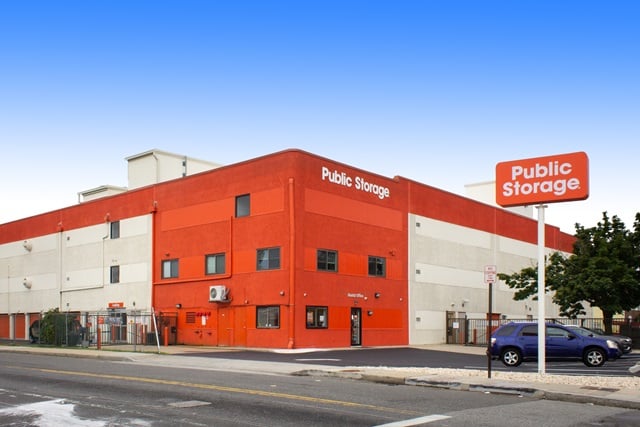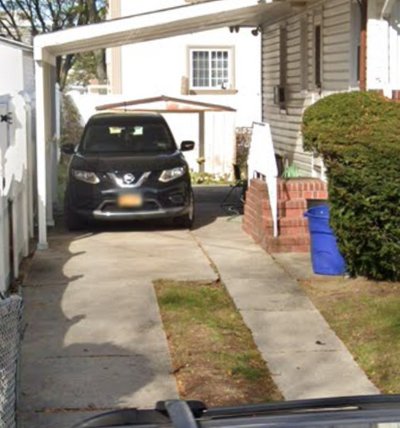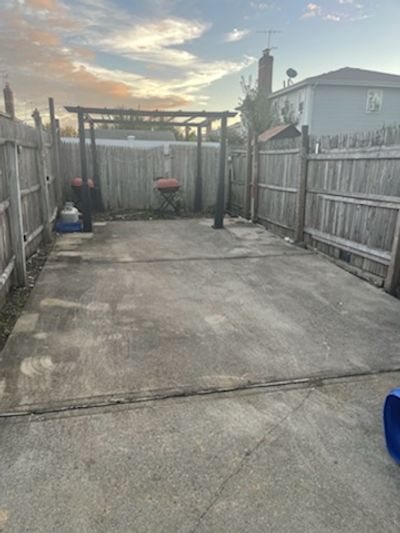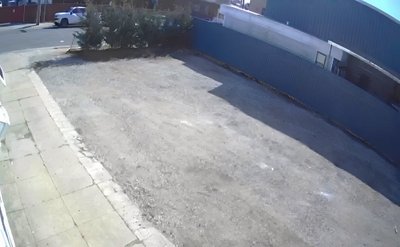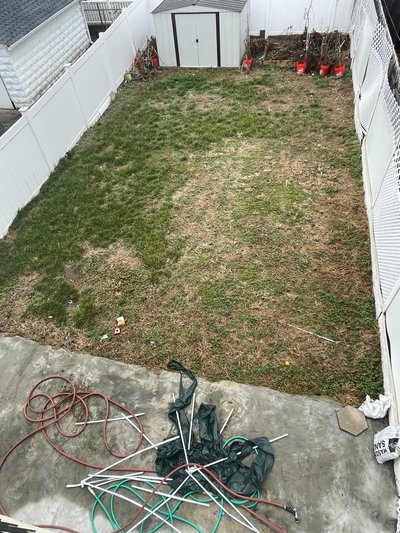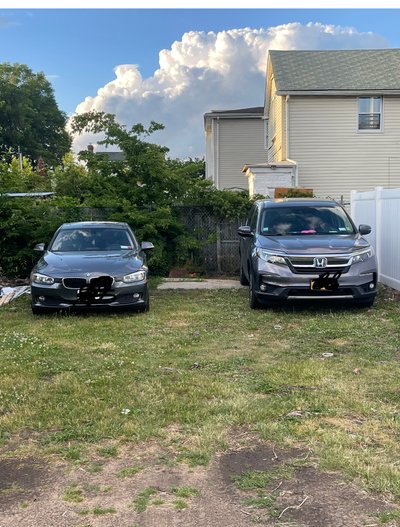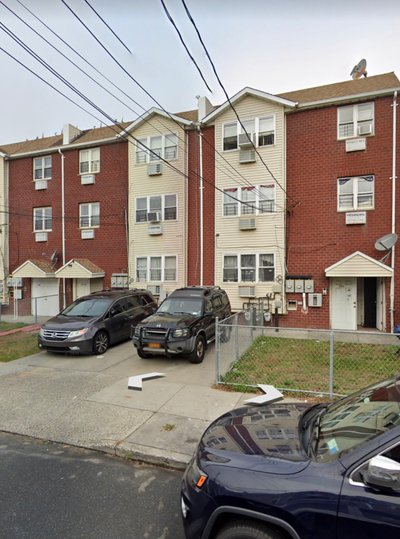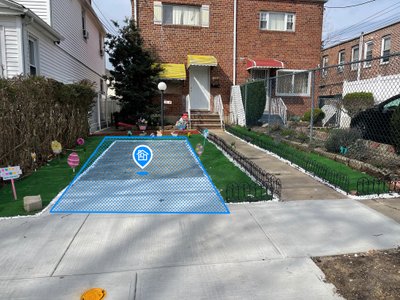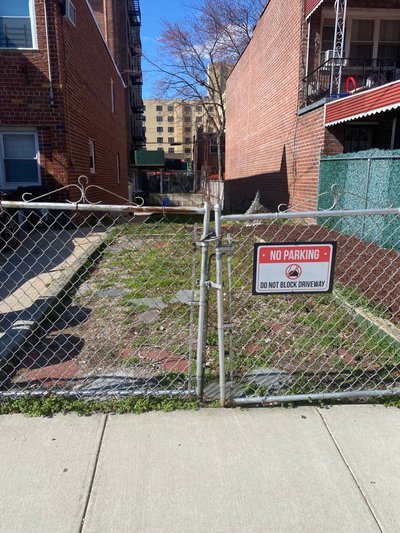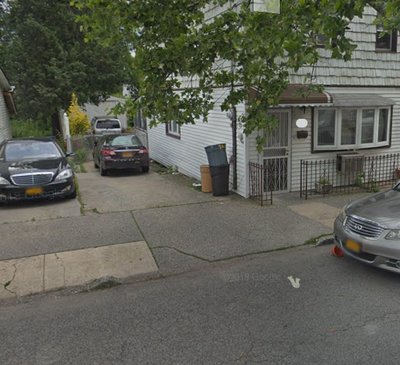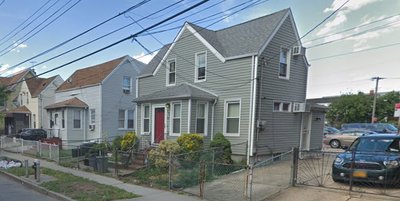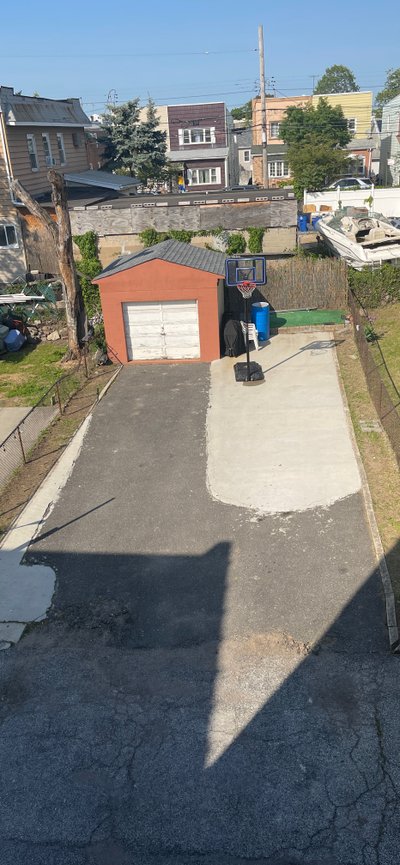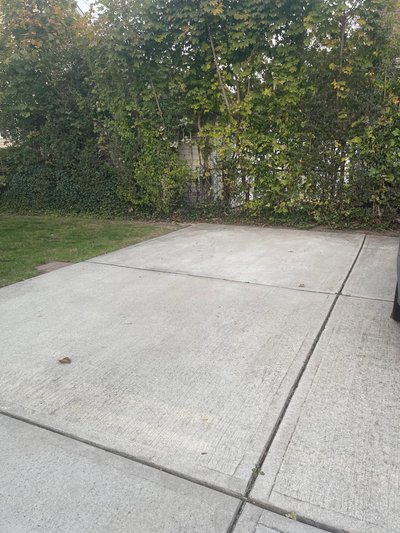What renters in Queens say
4.8
(2,725)
Verified reviews
The Neighbor rating for RV storage hosts in Queens is a rating based on verified reviews from our comunity of renters who have booked with these hosts to meet their storage needs. Last updated September 2025
Large travel trailers & motorhomes
Average price for RV storage in Queens is $371, with sizes averaging 40 feet long.
Top space type, Driveway, has 100% of locations with camera features available.
Average host response time is 5 minutes, ensuring quick communication for renters.
Cheap prices: Starting at $99
Average price of RV storage in Queens is $338, significantly lower than $582 market rate.
25% of listings offer cameras for added security during storage.
Lowest price starts at $99, providing great discounts for budget-conscious renters.
Closest spaces to my location
Average distance to RV storage is 11 miles, with a minimum of 0.3 miles.
Median price for RV storage is $250, with a first month discount available.
1 location is rated, featuring 24-hour camera access for security.
Search your zip code:
- 11374
- 11451
- 11359
- 11373
- 11104
- 11364
- 11378
- 11120
- 11367
- 11352
- 11385
- 11101
- 11366
- 11372
- 11102
- 11109
- 11368
- 11363
- 11361
- 11362
Top-rated: 4+ star reviews
Average rating of locations is 4.8 out of 5 from 71 locations with reviews.
Leading space type is Driveway, costing an average of $315 per month.
Average host response time is 27 minutes, with 40% of hosts being top hosts.
Indoor or covered parking spaces
Average price for indoor RV storage is $450, with a range of $220 to $663.
86% of locations have covered exposure, ensuring better protection for RVs.
Top hosts respond in an average of 25 minutes for quicker access to storage.
Find nearby storage locations
Recommended storage options by RV type

Class A Motorhomes
Outdoor storage
Due to their large size, outdoor or covered storage is often necessary to accommodate the length and height of Class A motorhomes.

Class B Motorhomes
Indoor or outdoor storage
Class B motorhomes, with their compact size, can often fit into indoor storage with height and length restrictions.

Class C Motorhomes
Outdoor storage
Class C motorhomes typically have a size that only allows for outdoor storage options.

Travel Trailers
Indoor or outdoor storage
The storage needs of travel trailers can vary depending on their size. Smaller travel trailers can often fit indoors, while larger models may require outdoor storage.

Fifth Wheels
Outdoor storage
Due to their taller height and substantial length, fifth wheels generally require outdoor storage arrangements.

Toy Haulers
Outdoor storage
Similar to fifth wheels, toy haulers typically necessitate outdoor storage due to their larger size.

Small Campers
Indoor or outdoor storage
Small campers, being more compact, can often fit into indoor storage units with size restrictions.

Pop-up Trailers
Indoor or outdoor storage
Pop-up trailers, also known as folding campers, typically have a collapsible design that allows for easy towing and storage. They can often fit into indoor storage units.

Truck Campers
Indoor storage
Truck campers, designed to be mounted onto a pickup truck bed, can usually fit indoors which helps protect the camper from the elements and provides added security.
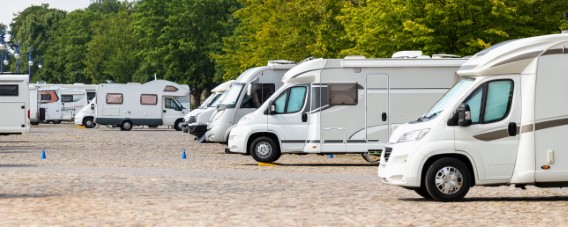
Can’t find what you’re looking for?
Search the nation’s largest storage marketplace to find convenient RV storage near you.
See more RV storageTips to prepare your RV for storage
Properly preparing an RV for short or long-term storage prevents damage, maintains its value, saves on costs and makes pick-up easier
Vehicle Parking and Storage in Queens, NY
Select storage type
Explore RV storage in Queens, New York
What is the best RV storage option for you?
Compare the benefits of uncovered outdoor RV storage, covered outdoor RV storage, and indoor RV storage
Uncovered Outdoor RV Storage
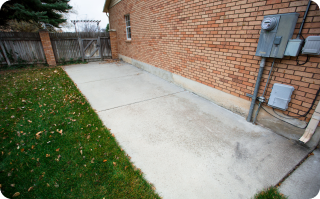
Outdoor storage on residential or commercial properties, such as driveways & unpaved lots
Covered storage is typically slightly more expensive than uncovered storage in Queens
Covered Outdoor RV Storage
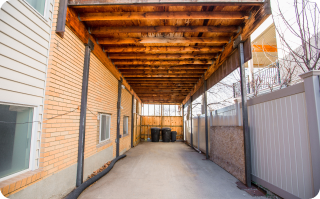
Residential & commercial carports offer an additional layer of protection for your RV
There are 200% more hosts in Queens that are part of our Top Host program than surrounding cities
Indoor RV Storage
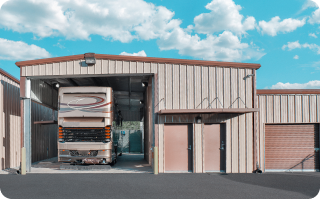
Indoor RV storage units offer additional protection but can come at a steep price
Enjoy savings as hosts offer first-month discounts on many indoor RV storage spaces in your area
Alternative RV Storage Facilities near Queens
Neighbor is the largest storage and parking marketplace in the U.S., making it easy to compare trusted facilities and neighborhood options in Queens. Below are more storage facilities in your area you might like.
Need RV storage in Queens?
Neighbor is the world’s largest parking marketplace. Call for rates or search online for the cheapest, closest, and safest parking spaces.
(844) 446-0746


